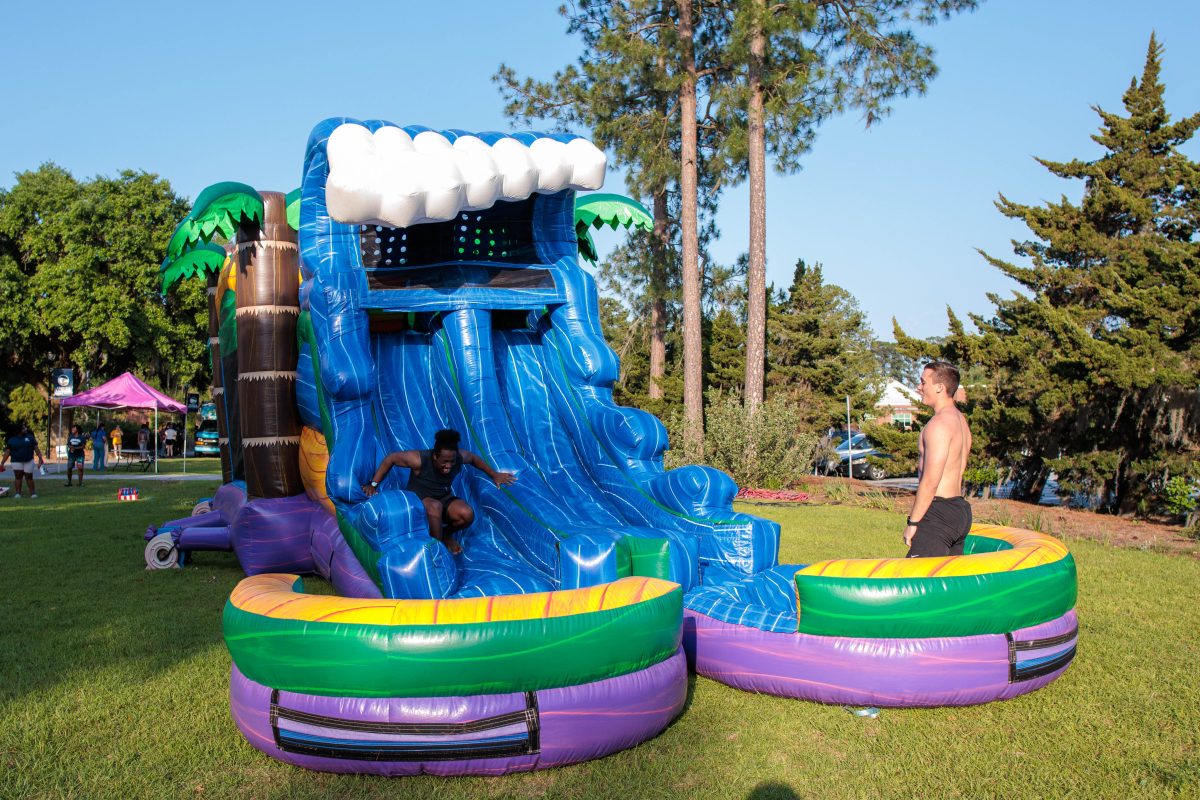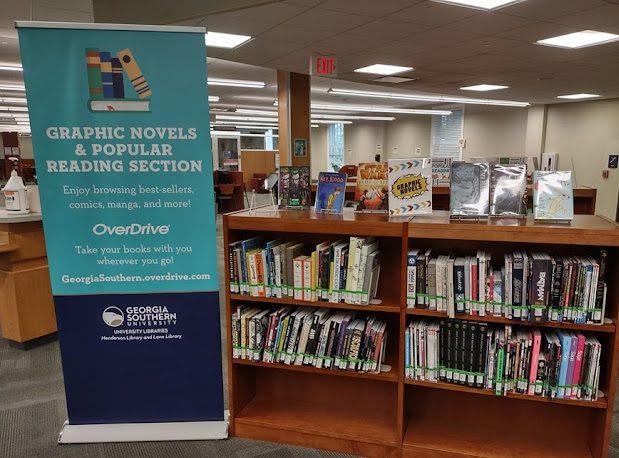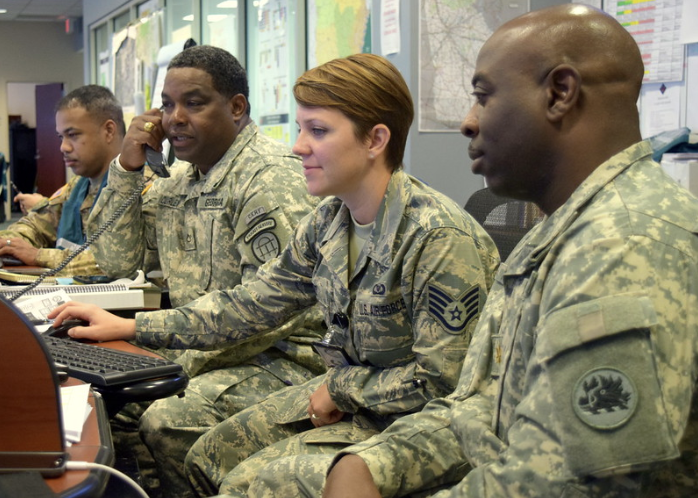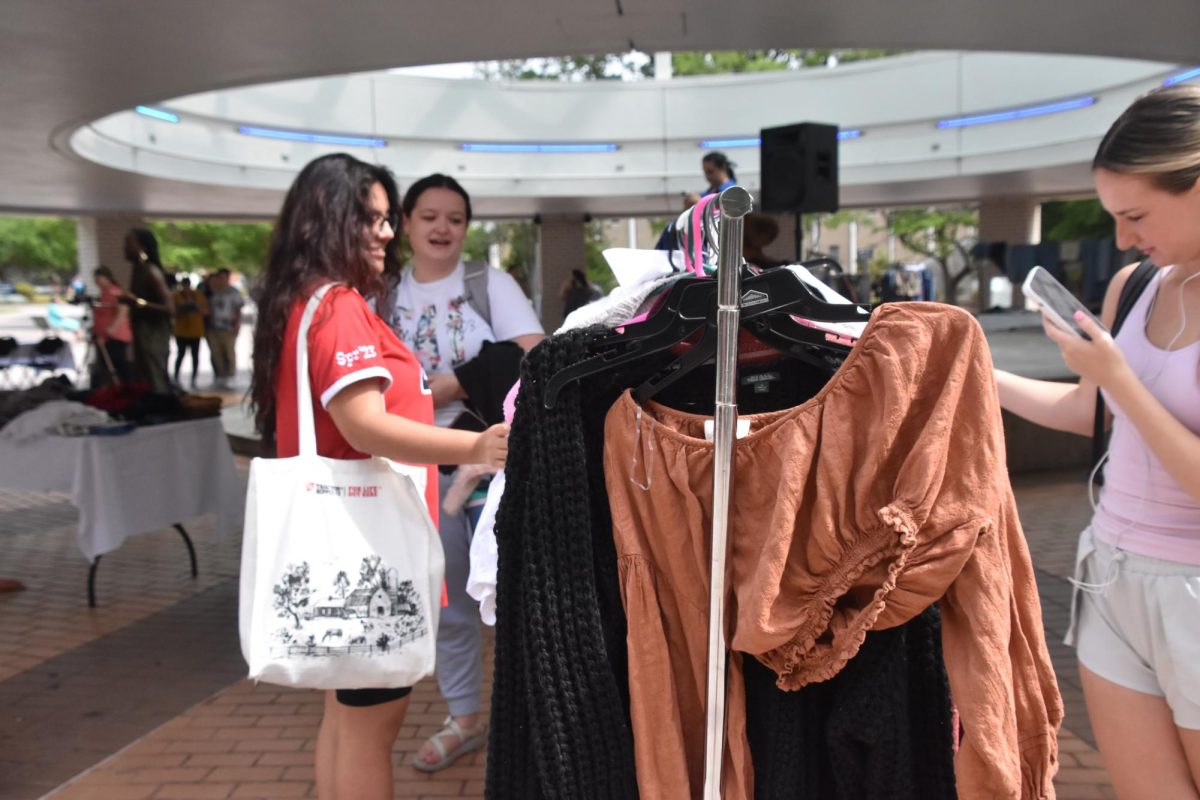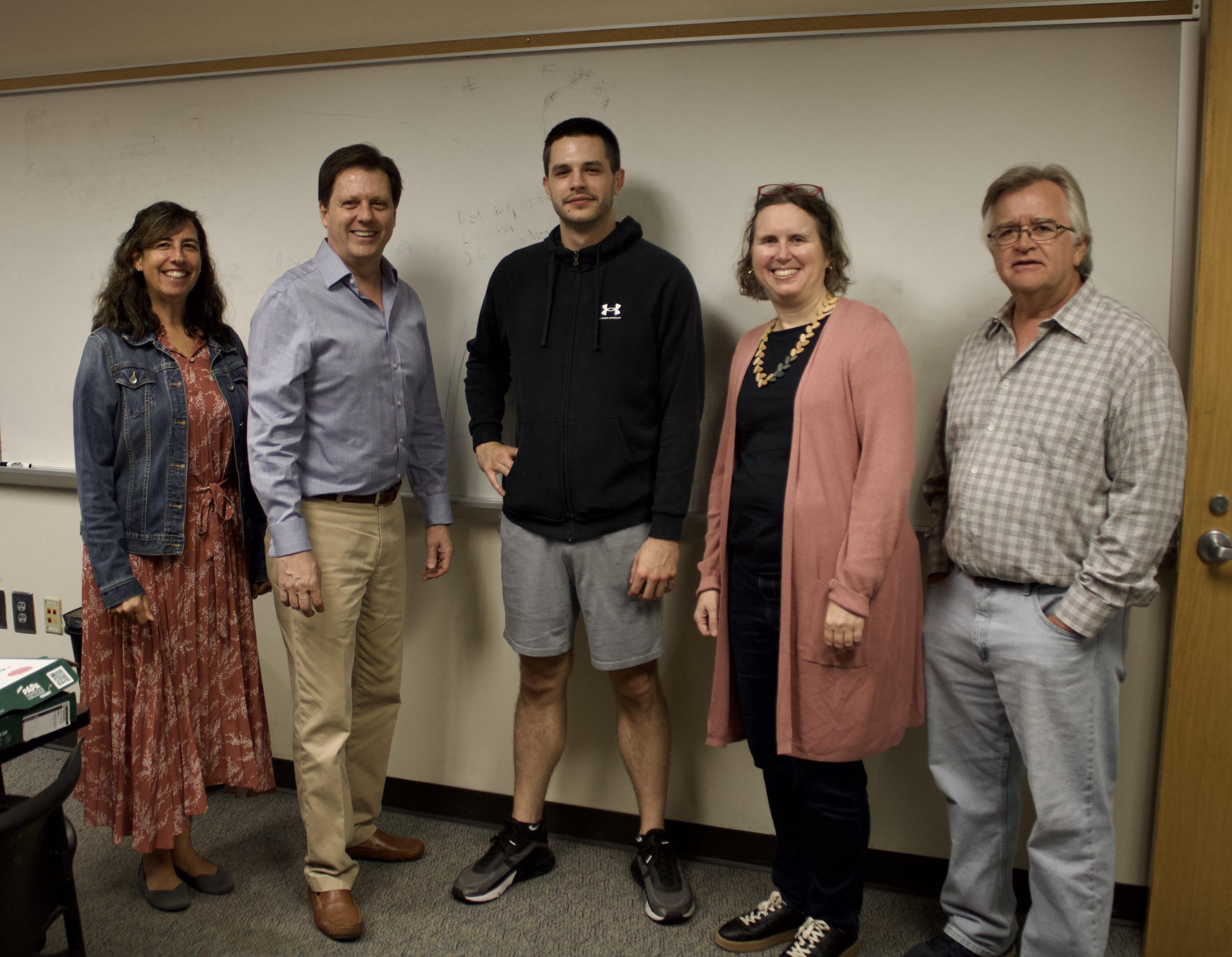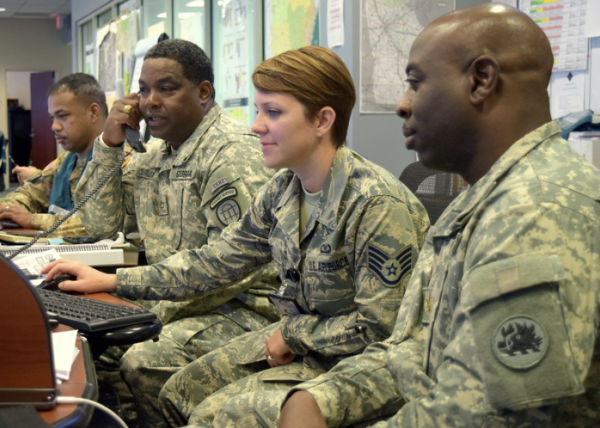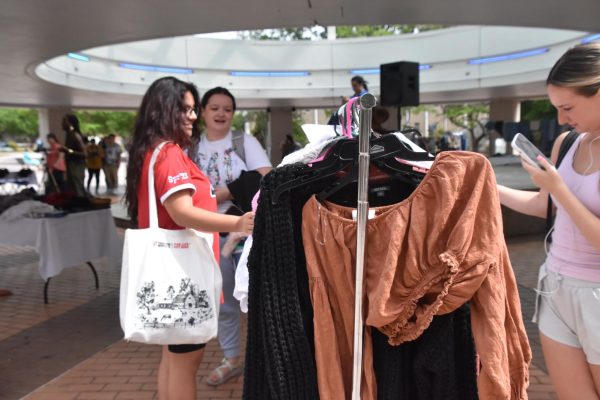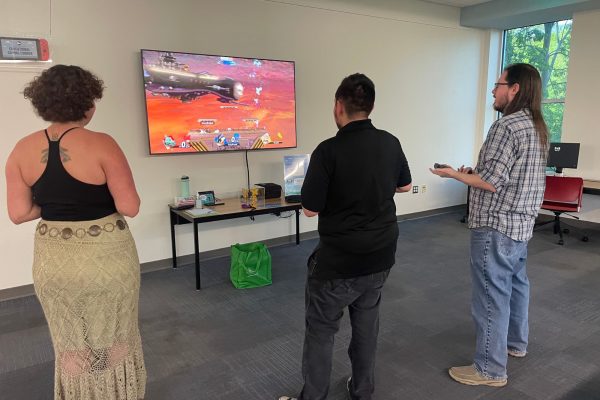Students compete to turn virtual money into cash
March 7, 2013
Imagine being able to feel the rush of trading stocks and making money on Wall Street all while sitting behind a computer screen in Statesboro.
Invoost, an online stock market gaming platform, is trying to produce this thrill by creating a virtual stock market world where college students can compete to win over $10,000.
“We’re trying to make the stock market more exciting. When people use these other platforms, there’s no way to feel the excitement of investing, so when there’s ten thousand dollars at stake, people act differently, and they’ve got a lot of emotion involved,” Tyler Maglione, chief operating officer of Invoost, said.
“Life is about incentives. A market-based economy is about incentives,” John Hatem, professor of finance, said.
The College Stock Trading Championship, hosted by Invoost, aims to create the high-risk atmosphere of the stock market without real risk involved.
“If you can get a freebie and gain knowledge at the same time I think it is perfect for a college student,” Edward Sibbald, director of the Center for Excellence in Financial Services, said.
“I would hate to see college students lose money in a simulation game. I would use this to gain experience to go up on the learning curve,” Sibbald said.
Competitors from colleges and universities across the nation have been invited to compete, although any college student with an interest in the stock market can register.
Competitors start with 10,000 virtual dollars and compete in a five-day round to see who can make the most money, Maglione said.
“You react very differently when you know that this is important to you. Learning how to deal with your underlying anxiety is what life is about. How do you deal with something very important and still do well?” Hatem said.
If a game is created where people are trading stocks and the competitors are given pretend money, they would not act the same way if there was real money involved because there are no real consequences, Hatem said.
“Students compete for medals, meaning that there’s these competitions of eighty people each, and if they place in the top twenty percent, they get a bronze medal. If they get a bronze medal, they can compete then for a silver medal, a gold medal and then be in the final to compete for the ten thousand dollars,” Maglione said.
The final seed before the final competition is April 12, and registration will close around the middle of March, Maglione said.
Maglione said, “This is its first year (of the competition), but we did a trial competition last semester in Europe and it worked pretty well, so we’re just replicating what worked over there and trying to do it bigger in the U.S.”
Megan George contributed to this report.

